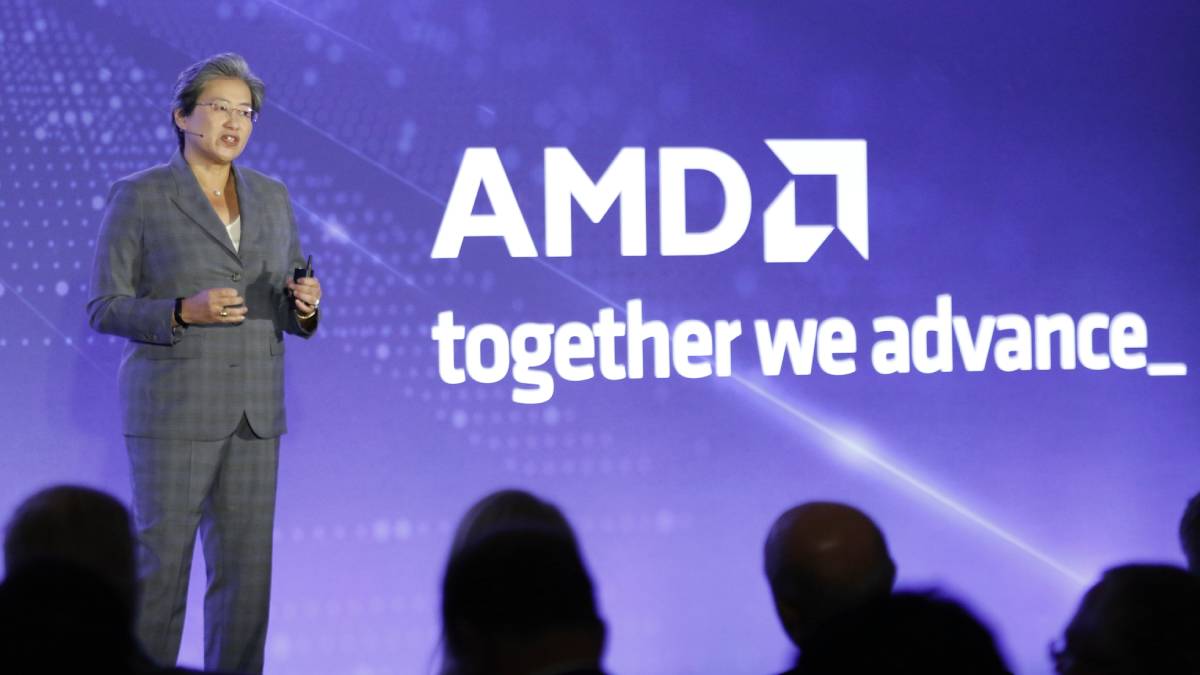Gadgets And Technology Daily News | 21 Jul 2023

Views (92)

ZTE Nubia Z50S Pro With Snapdragon 8 Gen 2, 5,100mAH Battery Launched: Price, Specifications

ZTE-backed Nubia has launched a new Z50S Pro smartphone in China. The handset comes with a Snapdragon 8 Gen 2 SoC, coupled with up to 16GB of RAM. It also gets a 35mm custom optical system for its camera sensor. ZTE Nubia Z50S Pro features a 50-megapixel primary rear sensor in a triple camera setup and is backed by a 5,100mAh battery. The phone comes in 12GB RAM + 256GB storage, 12GB RAM + 1TB storage, and 16GB RAM + 1TB storage options. It also has a 16-megapixel selfie camera.
ZTE Nubia Z50S Pro has been launched at a starting price of CNY 3,699 (nearly Rs. 42,300). The smartphone comes in three storage configurations, which include a 12GB RAM + 256GB storage variant starting at CNY 3,699, a 12GB RAM + 1TB storage model marked at CNY 3,999 (nearly Rs. 45,700), and a 16GB RAM + 1TB storage option which is priced at CNY 4,399 (nearly Rs. 50,300). It is available in three colourways — Black Coffee, Khaki, and a special edition in Mirror of Light (translated from Chinese) shade. The special edition of Nubia Z50S Pro, which appears to be in a snowy white colour, comes at CNY 4,099 (nearly Rs. 46,800) for the 12GB RAM and 1TB storage variant, while the higher-end variant with 16GB RAM and 1TB storage will be available for purchase at CNY 4,499 (nearly Rs. 51,400).
The new ZTE Nubia Z50S Pro is available for pre-order via ZTE Mall, while the sale will open on July 27.
The newly launched smartphone from Nubia sports a 6.78-inch AMOLED display with a 1,260 x 2,800 pixels resolution, a 120Hz refresh rate and a 1000Hz touch sampling rate. The Nubia Z50S Pro is powered by a Snapdragon 8 Gen 2 SoC, paired with up to 16GB RAM and up to 1TB of onboard storage. The handset runs MyOS 13 out-of-the-box.
For optics, the ZTE Nubia Z50S Pro packs a triple rear camera setup headlined by a 50-megapixel camera. The sensors are housed on a massive circular camera island. It also gets a 35mm custom optical system for its rear camera sensor. There is an LED Flash on the back along the cameras. For selfies and video calls, the phone houses a 16-megapixel front camera.
The ZTE Nubia Z50S Pro is backed by a 5,100mAh battery with support for 80W fast charging.
AI Will Define Trend for Global Computing Industry, Says AMD Chief

AI will be the "defining mega-trend" for the global computing industry, the head of chip giant AMD said Thursday in Taiwan, where the majority of the world's semiconductors powering the technology is produced.
California-based Advanced Micro Devices (AMD) is one of the world's largest chip suppliers — rivalling giants Intel and Nvidia — and their processors are used in everything from gaming consoles and laptops to massive servers.
In the past year, tech companies have shifted resources to developing chips that have the processing power for generative AI — which churns out complex content in seconds — after seeing the popularity of products such as ChatGPT.
"The innovation opportunities ahead of us are truly enormous and the computing industry is changing very fast," said AMD's CEO Lisa Su, in Taiwan to receive an honorary doctorate from a university in the city of Hsinchu.
"AI is really the defining megatrend for the next 10 years," she said, adding that generative AI has reshaped how industry players think about tech's possibilities.
"Every product, every service, every business in the world will be impacted by AI, and the technology is actually evolving faster than anything than I've ever seen before," Su said in her speech to the university.
As a chip design foundry, AMD outsources the production of their microchip designs to Taiwan Semiconductor Manufacturing Company (TSMC), which is headquartered in Hsinchu.
The Taiwanese chipmaking giant controls half the world's output of the silicon wafers, which are used to power everything from drip coffee machines to cars and missiles.
Unlike the AMD chief, TSMC's chairman Mark Liu cautioned investors on pinning their expectations of a boom in chips due to generative AI.
"The short-term frenzy about AI demand definitely cannot be extrapolated for the long term," Liu told shareholders in a conference call Thursday — held around the same time as the university ceremony Su attended.
"Neither can we predict for the near future, meaning next year, how the sudden demand will continue or flatten out."
TSMC reported a 23 percent drop in its second quarter net income to about $5.85 billion (nearly Rs. 47,950 crore).
"Our second quarter business was impacted by the overall global economic conditions, which dampened the end market demand, and led to customers' ongoing inventory adjustment," said Wendell Huang, TSMC's VP and chief financial officer.
The company also announced that its long-awaited Arizona plant — the first in the United States — has met delays, due to "an insufficient amount of skilled workers", and the start of production will be pushed to 2025, Liu said.
0 Likes
